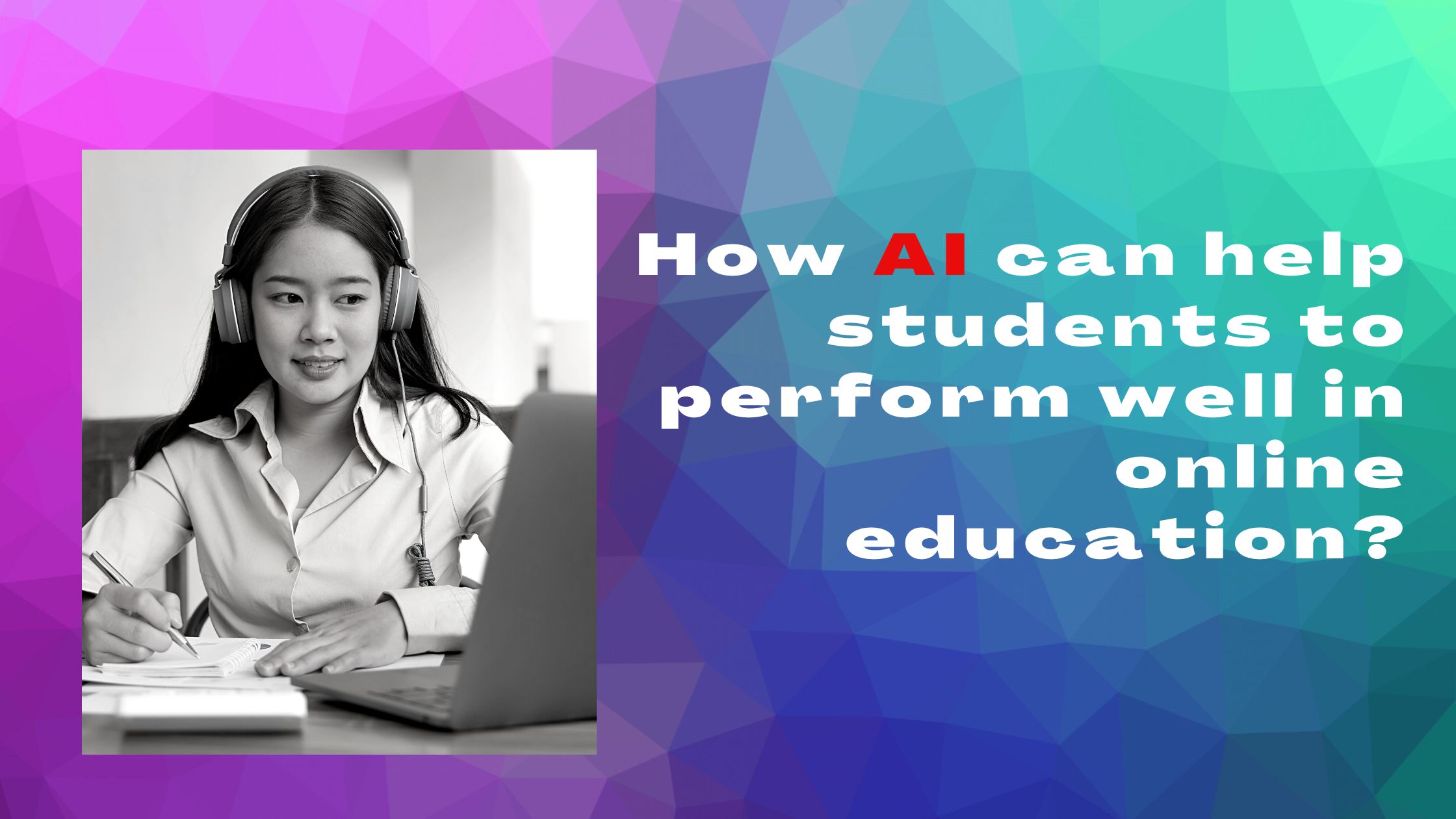How AI can help students to perform well in online education?
- 556 Views
- planetplair
- May 9, 2023
- Education
Artificial intelligence (AI) has changed the game in several areas, including education. Recent years have seen a rise in the application of artificial intelligence (AI) in education, particularly in online learning. AI technology has made it possible for online learning platforms to provide personalized learning experiences, automate administrative tasks, and enhance the overall learning process. Furthermore, it provides an opportunity for students to ask someone to take my online class for me as well. There is no denying fact that AI has transformed our education system and it has a long to play in the future. Here is what we are going to tell you the same through this article write-up. In this article post, we will discuss the usage of AI in online education and its implications for the future of education.
Usage of AI in Online Education
Here are a few uses of AI in online learning.
- Personalized Education
The capacity to offer personalized learning experiences is one of the key advantages of AI in online education. AI algorithms may analyze student learning data, such as their rate of learning, depth of comprehension, and performance, to develop individualized learning pathways. Based on their own learning needs, these learning pathways can help students in advancing at their own speed.
For instance, a learning platform powered by AI can examine student learning data to identify potential problem areas. The platform can then provide the student with other resources for learning or give them individualized comments to help them overcome their obstacles. Student engagement, motivation, and overall learning results can all be enhanced via personalized learning experiences.
- Automated Administrative Tasks
Additionally, administrative tasks in online learning can be automated by AI technology, saving time and resources for teachers. For example, an AI algorithm can be used to automatically grade assignments and exams. By automating the process, educators can provide students feedback more quickly and spend less time manually grading papers.
For instance, chatbots can respond to frequently asked questions from students, provide details about the course, and help with technological difficulties.
- Improving the Learning Process
AI-based technology can improve learning in general. In particular, student data analysis and learning behavior insights can be provided by AI algorithms. This analysis can assist teachers in creating lessons that are more challenging for students or that offer them additional tools to help them overcome obstacles.
AI technology can be utilized to design engaging educational experiences. To engage students in immersive learning experiences, chatbots can be employed to replicate real-world situations. Personalized recommendations for students based on their learning preferences and history can also be made using AI algorithms.
Implications for the Future of Education
The future of education will be greatly impacted by the application of AI in online learning. By delivering personalized learning experiences, automating administrative processes, and improving the overall learning process, AI technology has the potential to revolutionize education. Here are some potential implications for the future of education:
- Lifelong Learning: By offering individuals with tailored learning experiences throughout their lifetimes, artificial intelligence (AI) technology has the potential to support lifelong learning. As AI technology advances, it may eventually personalize learning for each person based on their particular learning preferences and needs.
- Equity in Education: AI technology could help in closing the equality gap in education by offering personalized learning experiences to students who may have particular learning requirements or obstacles. AI-based tools could support educators in recognizing and correcting bias in their instructional strategies.
- Improved Teacher Training: AI technology may be used to analyze data on teacher performance and offer them individualized opportunities for training and growth to assist them advance their teaching abilities. This can ensure that teachers are giving students the most worthwhile and interesting learning opportunities possible.
- Additional Objective Grading: The possibility of bias or errors is decreased because AI technology can evaluate assignments and assessments more impartially than human graders. This can help assess student performance more accurately and point out any areas where students might need help with assignments from experts.
- More Efficient Resource Allocation: AI technology could look at student data to spot areas where they might be having difficulties and offer tailored solutions to help them get over those obstacles. This will help educators in allocating resources more effectively by concentrating on the areas where students need more assistance.
The way we educate and learn could change if artificial intelligence is used in online education. AI can assist students, teachers, and society at large in a variety of ways, from personalized learning experiences to more objective grading and greater access to education. However, as the use of AI technology in education increases, it is critical to recognize and address any difficulties or ethical issues that might be raised.








